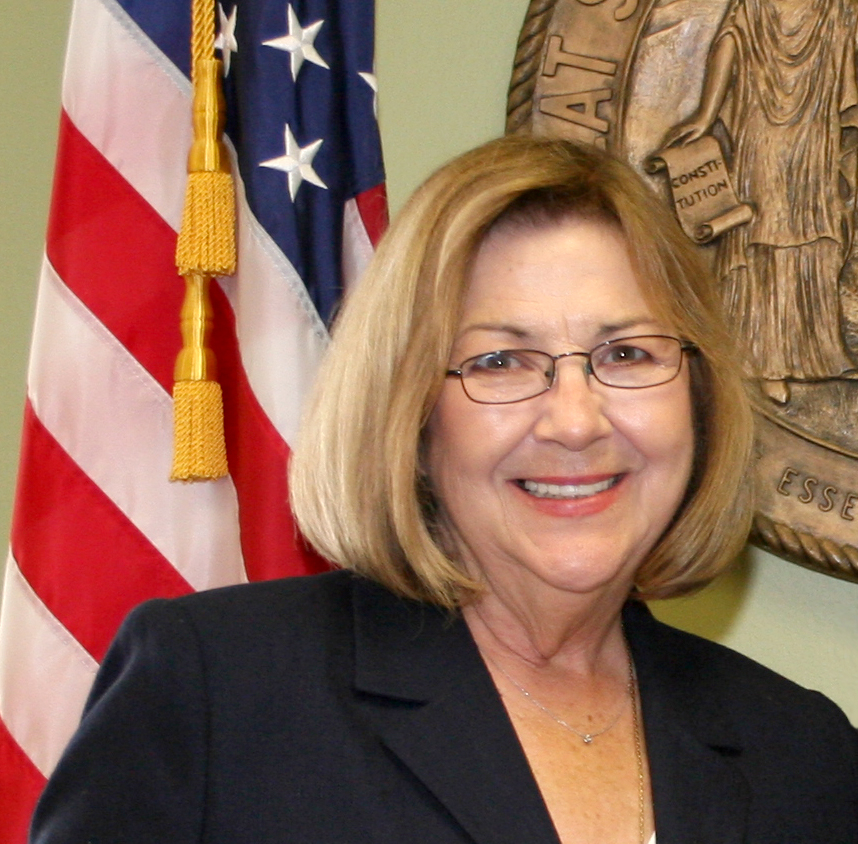Former Raleigh Mayor Charles Meeker, a Democrat, says if he is elected state labor commissioner he would pursue businesses committing safety, wage, and benefit violations aggressively, filing lawsuits if he must. Republican incumbent Cherie Berry counters that adversarial relations harm the state economically when other methods are available to solve disputes.

“My opponent thinks I should sue, sue, sue, sue,” Berry said. “He’s a lawyer. I guess when you’re a hammer, everything else is a nail.”
Berry, who has been in office for 16 years, said her goal is to make North Carolina the most business-friendly state in the country in the view of federal agencies such as the Occupational Safety and Health Administration and the U.S. Department of Labor. She says outreach, education, and cooperative relationships with businesses are essential, and that she has put those pillars in place.
“It’s an economic development tool” that saves millions of dollars in worker compensation costs annually, she said. “It’s good for business, it’s good for employees.”

But Meeker, a Democrat who served five terms as Raleigh mayor, believes Berry has been too lenient on businesses that take advantage of employees.
“The [N.C.] Department of Labor currently is not getting the job done in terms of seeing to it that employees are paid, and also seeing to it that workers get benefits to which they’re entitled,” Meeker said.
“This is a department that needs new leadership,” he said, and North Carolina politics need to move to “a more moderate path.”
“People are very unhappy to hear that over 1,000 employees didn’t get paid in recent years, and the department failed to file lawsuits to collect the wages,” even though the Attorney General’s Office provides the legal staff to do so, Meeker said.
“They’re also displeased about the failure to get benefits. Not only does it hurt employees, but it also hurts other employers who play by the rules because they have a higher cost structure,” he said.
“When an audit is undertaken of an employer, and it is found that employees are being treated as contractors and not receiving benefits, then the department should make sure that those employees are in fact getting at least minimum wage and overtime,” and violations are reported to the Revenue Department to ensure taxes are withheld, Meeker said.
“It’s a major issue for employees, and it’s a major issue for the state because of lost revenue, and it’s a major issue in terms of unfair competition.”
Meeker also contends Berry has not audited businesses aggressively to make sure they are in compliance with wage and hour statutes.
“There are 22 authorized [auditor] positions in the department. My understanding is as many as a third of them have been vacant for some months. I think the main thing would be to get the current positions filled, and operating,” Meeker said.
“I’m also calling for a renewed focus on worker safety since, in the most recent year we have the figures, 137 North Carolinians were killed in workplace accidents,” Meeker said, quoting U.S. Bureau of Labor Statistics data for 2014.
“North Carolina’s accident rate is below the national average,” he admits. “But at the same time we’re still having far too many fatalities and serious injuries.”
He said he would place more emphasis on workplace training and education to cut back on fatalities, accidents, and injuries.
“Our whole goal going on 16 years now that I’ve been commissioner is to bring our injuries as low as possible,” Berry said. “I am proud to say that through working with business and industries as their partner, and not their adversary, by emphasizing education and training, and partnerships and alliances, the industries across North Carolina,” private- and public-sector businesses have reduced injury and illness levels to an all-time low.
“It has taken 16 years to get it reduced from 5.3 per 100 full-time workers down to 2.7 in the private sector,” Berry said of the state’s injury rate. “I would defy [Meeker] to work any harder than I have in 16 years in office of bringing that number down. I don’t know what planet he’s operating on.”
North Carolina has imposed some safety standards that exceed federal safety rules, she said, but at other times she successfully pushed back against what she considers excessive burdensome regulations handed down from OSHA.
Berry said it can be more difficult than Meeker thinks to win lawsuits against companies violating wage and hour laws. Sometimes a company folds, “and the owners are nowhere to be found,” or are in bankruptcy. Sometimes department lawyers say not enough evidence exists to win in court. And sometimes lawsuits are filed, and won.
“It takes years sometimes,” Berry said. “We have to look at our resources, and decide” where they serve the highest priority. “We try to settle those wage and hour issues as fast as we can because we realize folks need that money they’ve been promised.”
Berry said her department is increasing workplace training and education, and has implemented a voluntary walk-through program through a Consultative Services Bureau. Companies invite Labor Department inspectors to tour their sites, and assemble a list of violations that, if fixed, will not be penalized. Promoting cooperation is preferable to legal action, she said.
She said she’s awarded 35,000 safety certificates in 16 years, delivering them personally to businesses. She said she drives her own car, and pays her own expenses for the “hundreds of thousands of miles” she has crisscrossed the state.
Berry said she is modernizing “all the ways the public interacts with the department,” an example being parent-friendly online approvals for youth employment certificates.